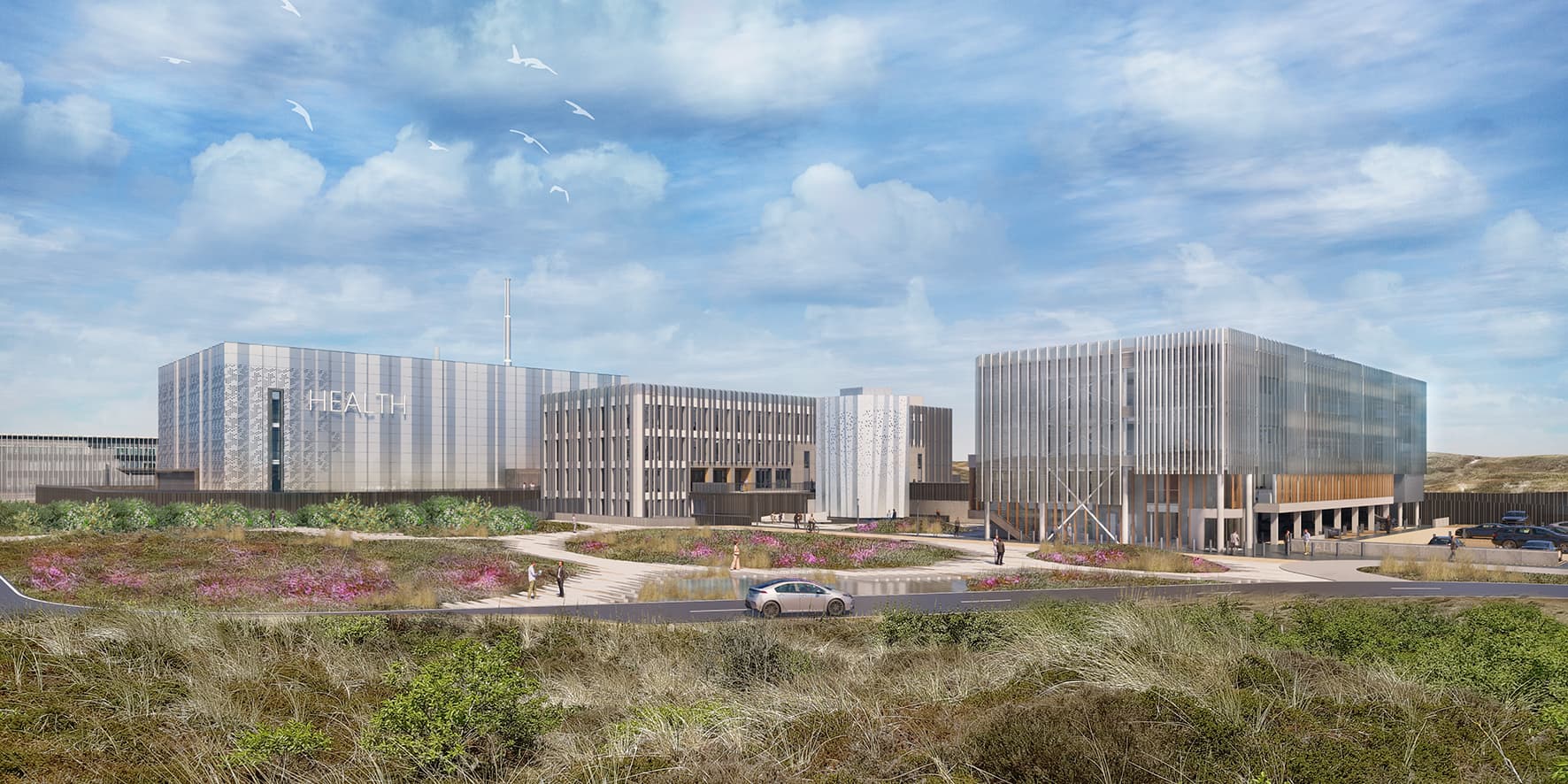New medical isotope reactor in Petten gets support from Flanders
VDL KTI in Mol will produce crucial parts for new medical isotope reactor in Petten. This will guarantee the security of supply of medical isotopes.
Published on December 14, 2024

Team IO+ selects and features the most important news stories on innovation and technology, carefully curated by our editors.
More than 30,000 patients worldwide depend on producing medical radioisotopes from Petten daily. VDL KTI in Mol (Belgium), a specialist in extensive welded equipment, will create the so-called reactor pool and service pool and several pressure vessels for the new PALLAS reactor in Petten. These pools are crucial for the safe and efficient operation of the medical isotope reactor, which is where safety and accuracy are of utmost importance.
Medical isotopes are radioactive substances used to diagnose and treat cancer and cardiovascular diseases. For example, isotopes are used in scans to distinguish cancer cells from normal cells.
VDL Groep is working to broaden and strengthen its high-tech activities further. With this order, the industrial family business headquartered in Brainport Eindhoven is taking its first substantial steps in the nuclear sector, an important growth market. With this new isotope reactor, the security of supply of medical isotopes is guaranteed. The Netherlands can continue to help millions of people over the next 50 years and further strengthen its position as a global top producer.
Protected from radiation
The reactor pool contains water that keeps the research reactor at a safe temperature and protects technicians from radiation. The service pool is used for the maintenance and inspection of reactor components. It can also be used for the temporary storage of irradiated materials before they are processed or disposed of. The pools are up to 14 meters high and have a diameter of 5 meters. The vessels are used to temporarily store radioactive water and allow this water to “decay” in a controlled manner, reducing radiation levels. The barrels will have a height of up to 8 meters and a diameter of up to 5 meters.
The production and delivery of the pools and vessels involve tens of thousands of man-hours of work spread over 2-3 years. The order value runs into millions of euros. The new PALLAS reactor should be ready around 2030.
